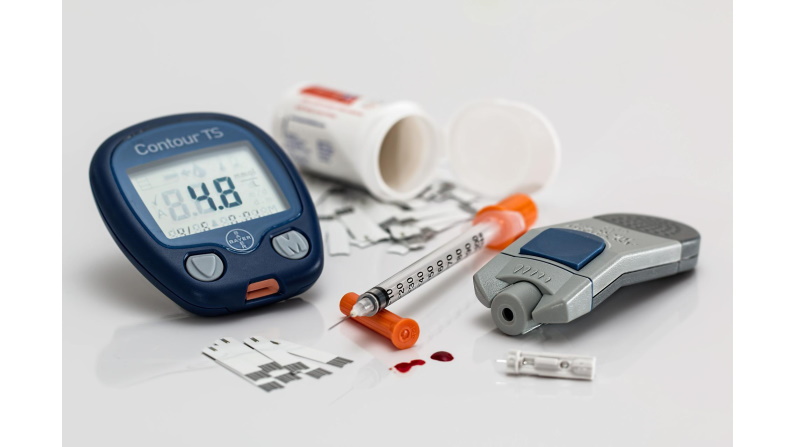Scientists and researchers have always believed that targeting the immune system is what helps prevent type 1 diabetes. However, a new study from the University of Chicago shows that, instead, targeting beta cells may be the actual key.

Triggering Type 1 Diabetes Symptoms
The study showed that deleting the gene Alox15, the producer of enzyme 12/15-Lipoxygenase, caused an array of potential benefits to occur in mice, by preserving beta cells. Beta cells are responsible for producing insulin in the pancreas while reducing T cells as well. This prevents type 1 diabetes.
When scientists deleted the gene, the beta cells did not communicate with the immune system anymore. This is what normally triggers the immune response and causes type 1 symptoms. What’s interesting is that essentially, the beta cells left the immune system alone.
Study Results Show the Effect of Less Beta Cell Inflammation
During the study, scientists used Nolvadex—an estrogen receptor modulator that doctors use for treating breast cancer—on 6-week-old mice with beta cell inflammation. Nolvadex reduced Alox15 gene by around 80%, correlating with less beta cell inflammation. What’s more is that 2 weeks later, the mice had higher insulin levels as well as glucose tolerance. At 25 weeks, only 10% of treated female mice who were developed diabetes, compared to 80% untreated, and no male treated mice developed diabetes compared to 50% untreated.
How Does Alox15 Impact Gene Expression?
Scientists discovered that the beta cells in treated mice had an increased expression of the gene called Cd274, which codes for the protein called PD-L1. This protein helps the T-cells to tolerate specific or non-self antigens. It also helps with autoimmunity. When scientists blocked PD-L1, the diabetes phenotype came back.
Until now, scientists and researchers have thought that the cell signaling of cytokine IL-2 and other elements of the immune system are what play the biggest role in the start of diabetes. The findings in this study show that, instead, beta cells may be the actual main player of this process.
For information on diabetes, visit https://www.mayoclinic.org/.







